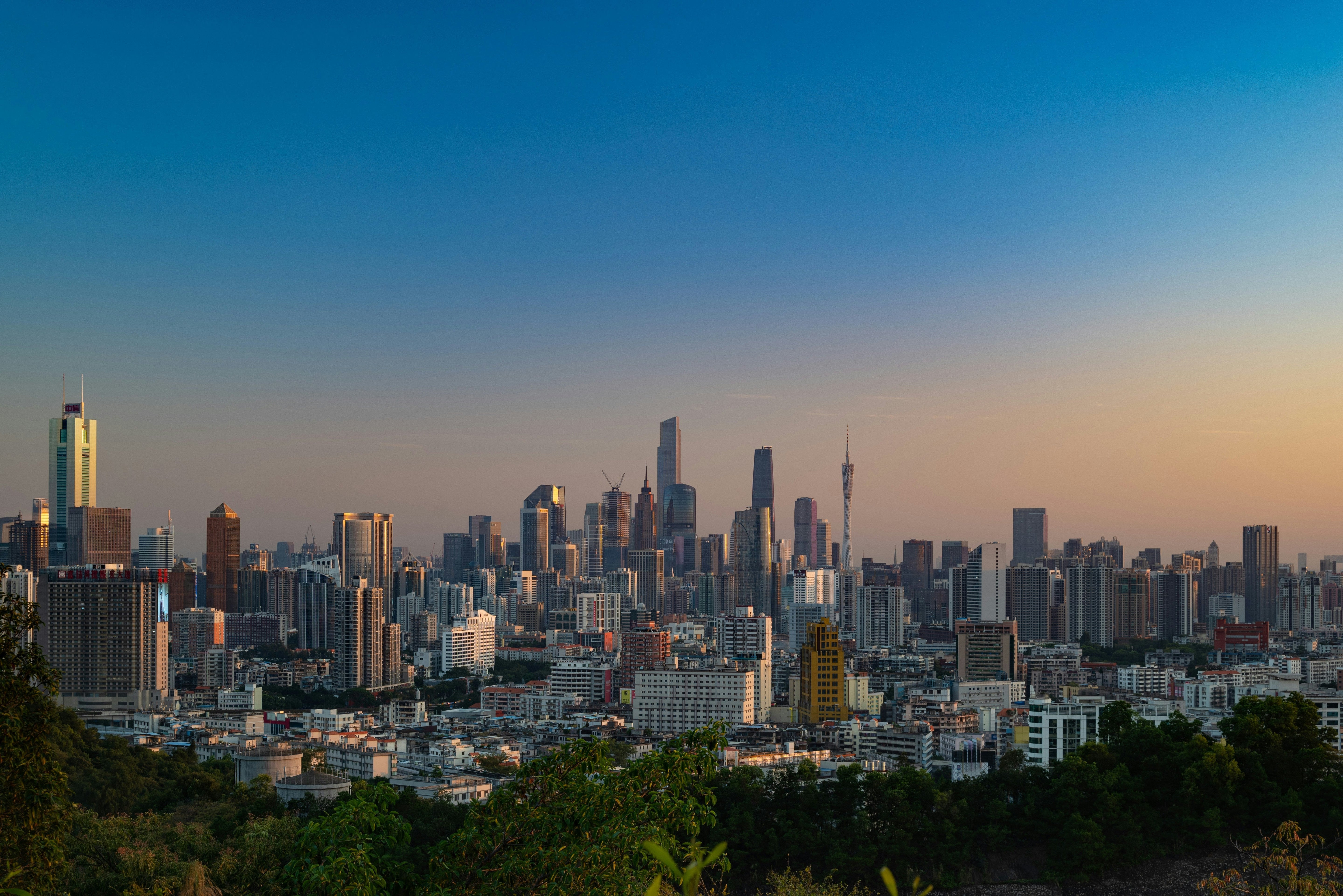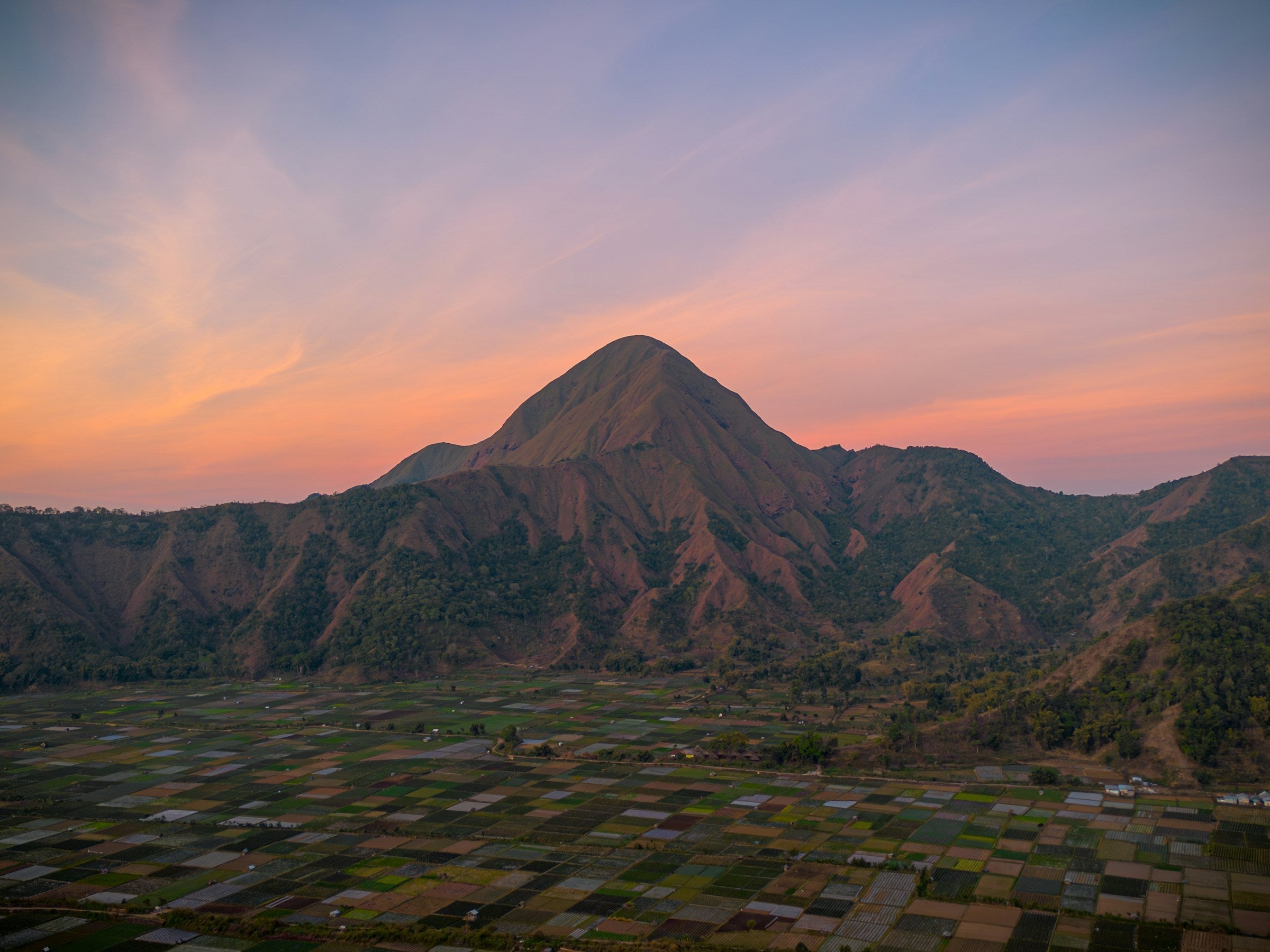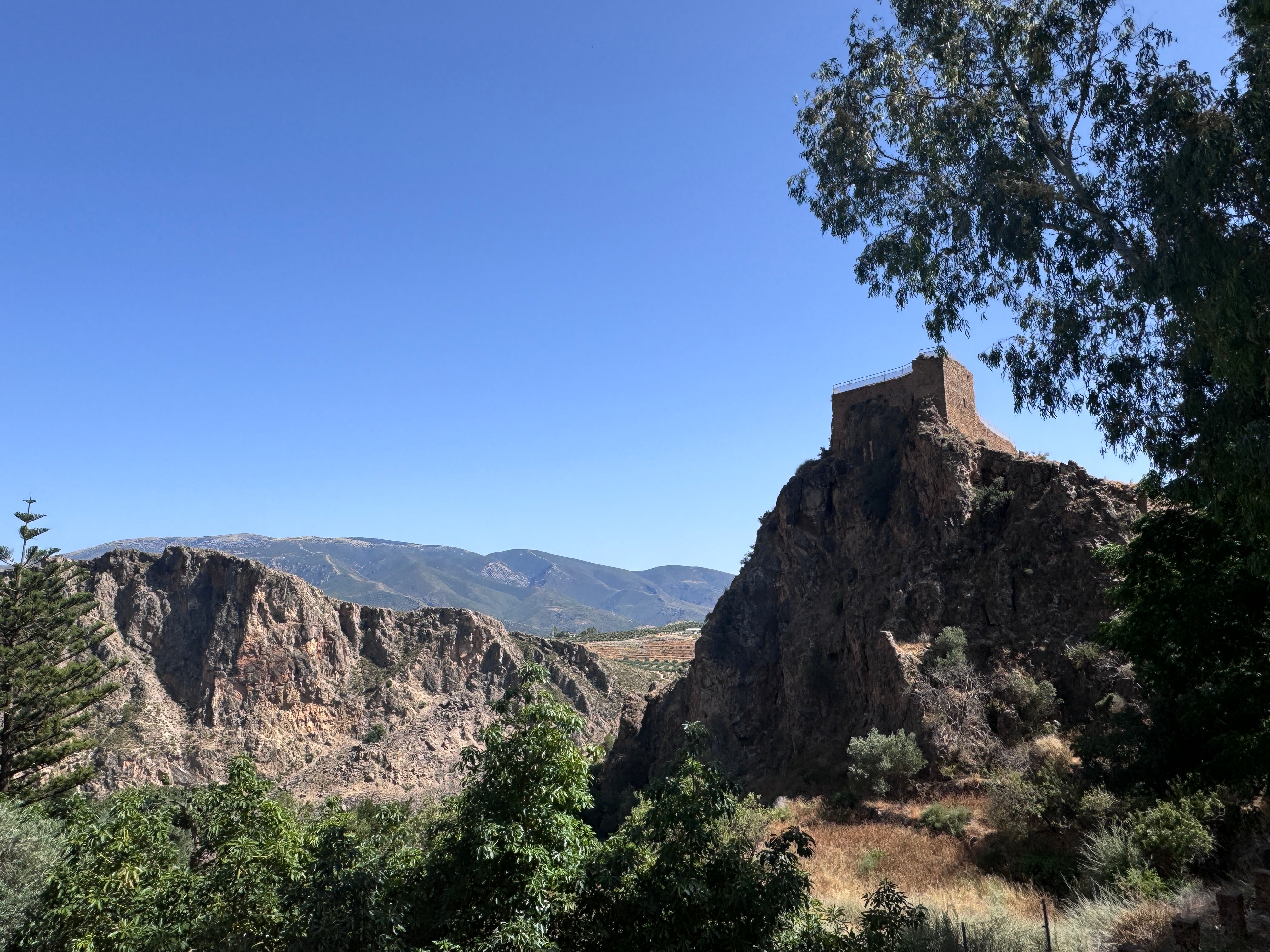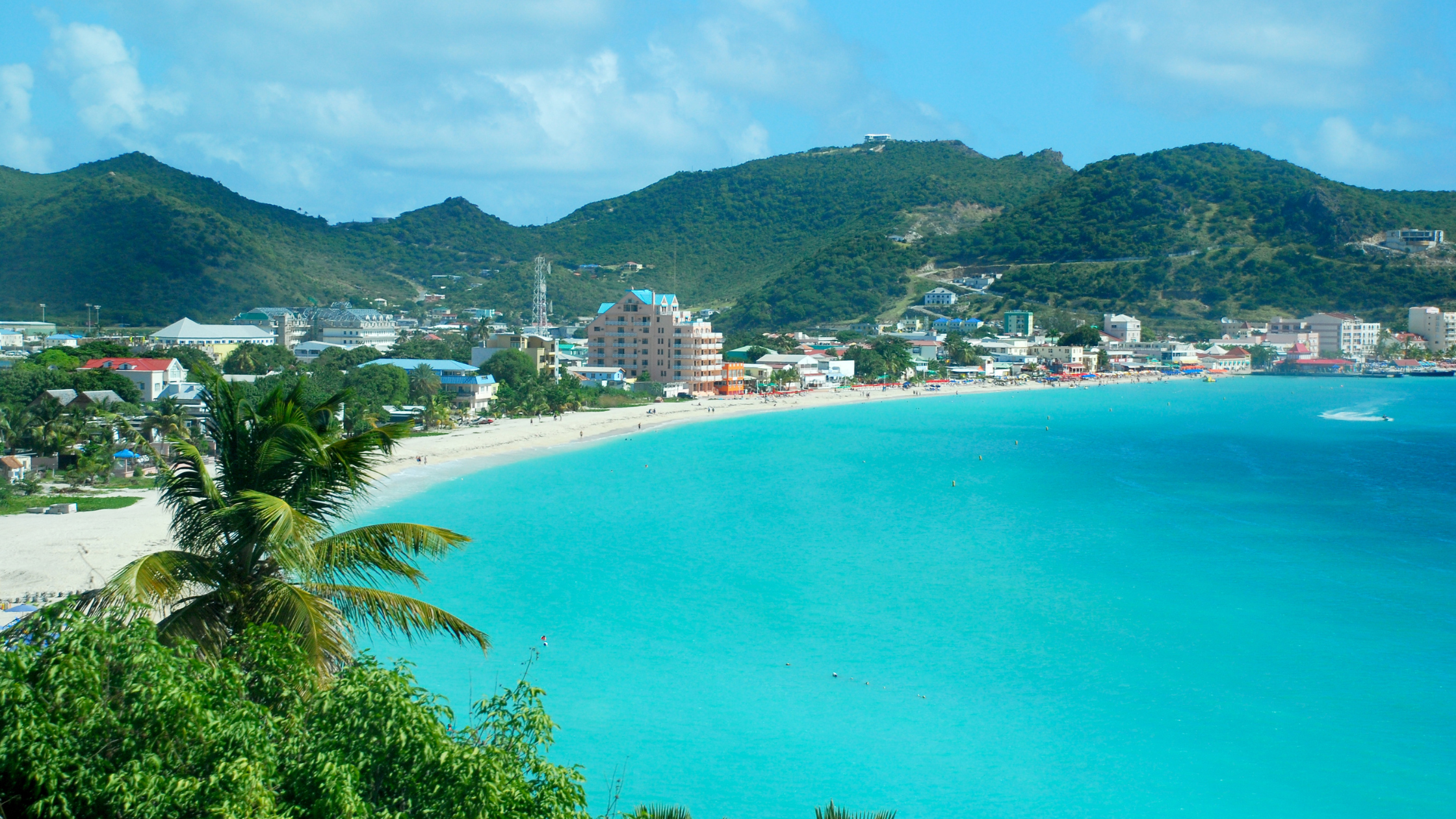There are trips you take for leisure — for the food, the sights, the shopping. And then there are journeys you take in search of something deeper — a connection to history, to identity, to the threads of faith that stretch quietly across borders. Our recent trip to China was the latter.
From Malaysia, we flew to Guangzhou, drawn by the quiet claim that this bustling city is home to what some historians believe is the oldest mosque in China: the Huaisheng Mosque. The name, meaning "Remembering the Sage", is believed to honor none other than the Prophet Muhammad ﷺ. That alone filled me with a sense of anticipation — the thought that, perhaps, I’d be walking on the same stones once tread by early Muslim travelers, merchants, and seekers of knowledge.
When we finally stood in front of the mosque, it didn’t hit me with grandeur. It wasn’t towering or majestic in the typical way many of us envision sacred spaces. But there was something quietly powerful about it. Ancient. Enduring. A place that had held on — through dynasties, revolutions, and modernization. That small courtyard felt like a whisper from the past.
Yet, as we stepped outside, I couldn’t help but feel a deep contrast. Islam, though it exists in Guangzhou, felt almost invisible. We did see a few Muslims here and there, and some Arab traders moving through the city — but the vibrant Islamic presence I’m used to was missing. There were no study circles, no conversations of deen echoing in the streets, no Islamic bookstores or scholars or even casual reminders of faith in the way people dressed or spoke. It was hard to put into words — but it felt like the traces of Islam had become faint echoes, rather than a living rhythm in the city’s heartbeat.
As a visibly Muslim couple — myself with a beard and my wife in hijab — we felt… observed. Not in a curious way, but in a way that made us feel out of place. Some of the interactions with locals felt cold, and there were moments where we wondered whether our appearance was the reason for the distance. I don’t want to assume the worst, but I can’t ignore the discomfort we felt either. It left me reflecting on what it means to carry your faith so visibly — and how, sometimes, that alone can shape your entire experience in a place.
Adding to that was the language barrier. English was almost non-existent, even in tourist-friendly areas. We relied heavily on translation apps, hand gestures, and sheer patience. Ordering food, asking for directions, even trying to explain that we were looking for halal options — everything became a small mission. Halal food wasn’t impossible to find, but it was far from easy. In many ways, it felt like being a stranger within a city that wasn’t built for you.
And yet — Guangzhou itself is a marvel. The infrastructure is excellent, the metro is easy to use, and the city buzzes with energy. There’s a lot to see, from ancient temples to modern skyscrapers, markets, and river cruises. As a gateway into China, it’s convenient and well-connected, especially from Southeast Asia. It just wasn’t the spiritual or cultural experience I had quietly hoped for.
If I’m being honest, Hong Kong left a different impression. Though we only passed through briefly, it immediately felt more alive, more diverse, more open. There was a comfort in seeing people from so many different backgrounds, a rhythm in the city that made it feel easier to breathe and just be.
Still, I’m grateful for our time in Guangzhou. Even in discomfort, there’s growth. Even in disconnection, there’s reflection. Visiting the Huaisheng Mosque reminded me that Islam’s history is vast — and not always visible. Sometimes, it survives quietly, beneath the surface. It endures in ways that don’t make headlines or tourist brochures.
This journey wasn’t what I expected — but maybe that’s the point. Not every search leads to answers, but every path walked with purpose brings its own kind of clarity. And for that, I’m thankful.





Share:
The Abandoned Mosques of Cyprus
Travelling Across Bangladesh In Search of Islamic Heritage